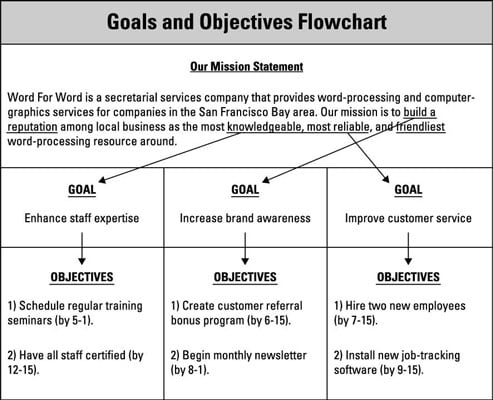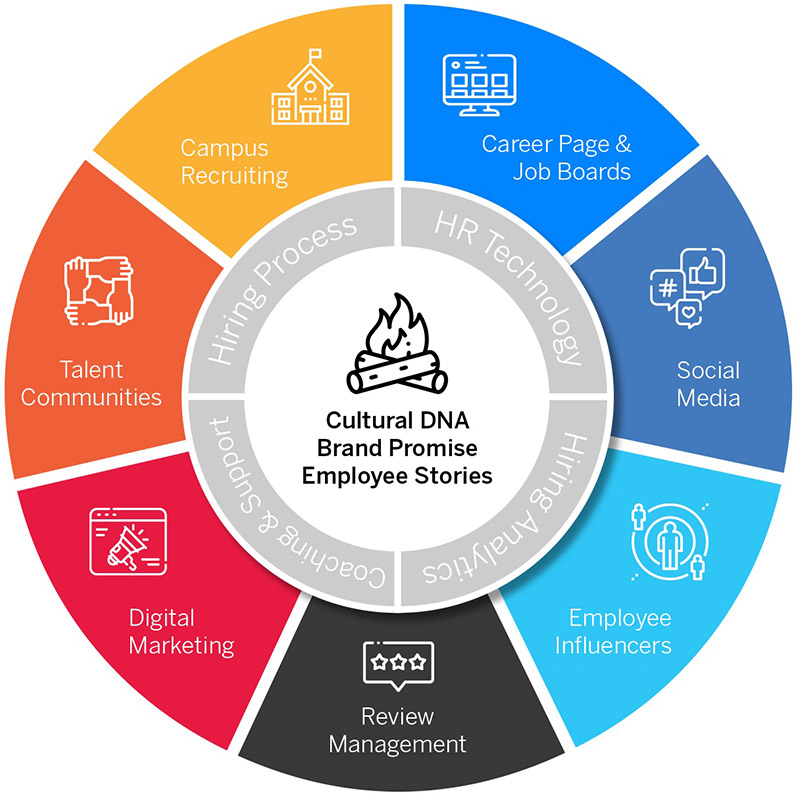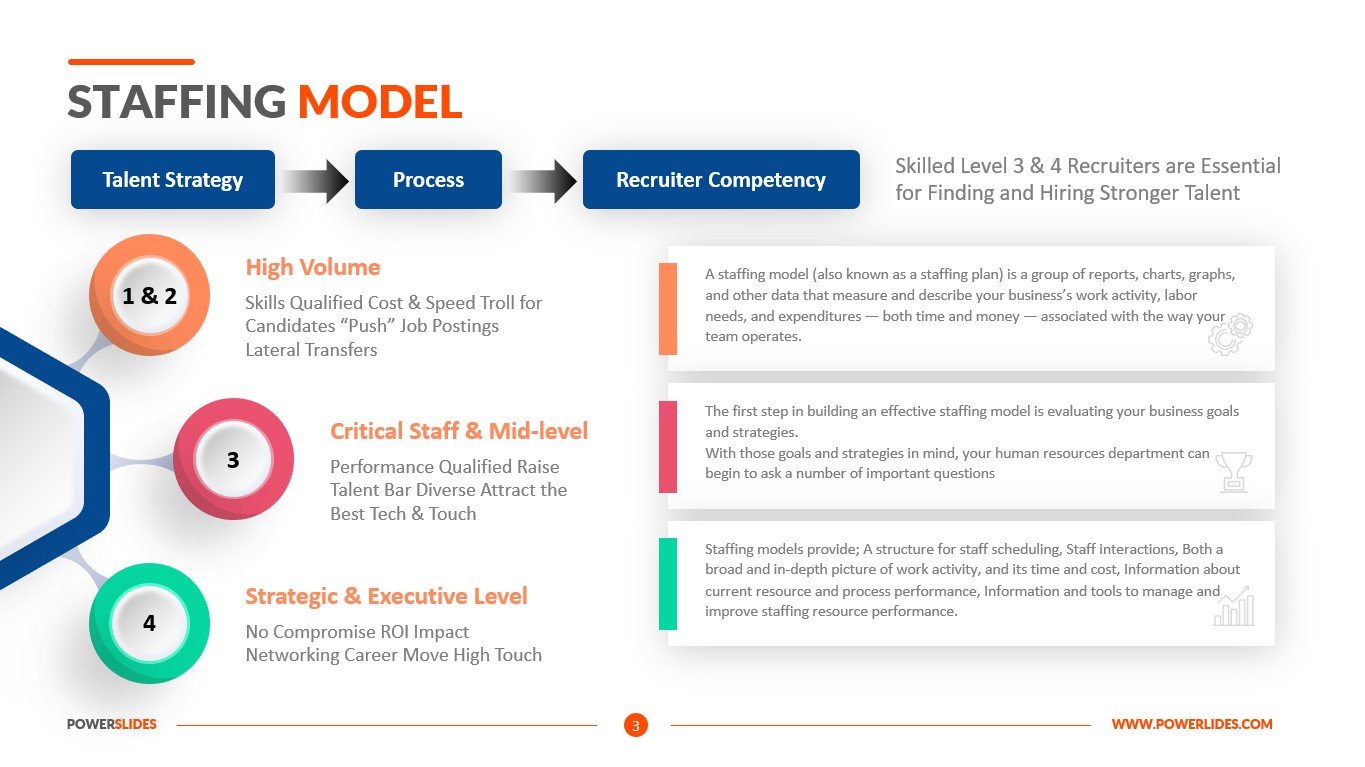Laying the Foundation: Understanding the Staffing Industry
The staffing industry has experienced significant growth in recent years, with the global market size projected to reach $473.4 billion by 2025. This growth can be attributed to the increasing demand for flexible workforce solutions, driven by the rise of the gig economy and the need for businesses to adapt to changing market conditions. To start a successful staffing company, it is essential to understand the different types of staffing companies, including temporary, permanent, and executive search firms. Temporary staffing companies provide short-term workers to clients, while permanent staffing companies focus on placing candidates in long-term positions. Executive search firms, on the other hand, specialize in recruiting high-level executives and professionals.
Understanding the staffing industry is crucial for anyone looking to start a staffing company. It involves researching the market, identifying trends, and analyzing the competitive landscape. This knowledge will help you develop a solid business plan, create effective marketing strategies, and build a strong team. By understanding the industry, you can also identify opportunities to differentiate your company and provide unique value propositions to clients and candidates.
When starting a staffing company, it is also essential to consider the various sectors and industries that you can specialize in. For example, you may choose to focus on healthcare, technology, finance, or hospitality. Each sector has its unique challenges and requirements, and understanding these nuances is critical to providing effective staffing solutions. By specializing in a specific sector, you can also develop a deeper understanding of the industry’s needs and build strong relationships with clients and candidates.
In addition to understanding the industry and sectors, it is also crucial to stay up-to-date with the latest trends and developments in the staffing industry. This includes changes in employment laws, advances in technology, and shifts in the labor market. By staying informed, you can adapt your business strategies to meet the evolving needs of clients and candidates, and stay ahead of the competition.
Starting a staffing company requires a deep understanding of the industry, sectors, and trends. By conducting thorough research and analysis, you can develop a solid foundation for your business and set yourself up for success. Remember, understanding the industry is an ongoing process, and it is essential to stay informed and adapt to changes in the market to remain competitive.
Defining Your Niche: Identifying Your Target Market
When starting a staffing company, it’s essential to define your niche and identify your target market. This involves researching and understanding the specific industry or sector you want to specialize in. By focusing on a specific niche, you can differentiate your company from competitors and establish yourself as a trusted expert in that area.
So, how do you identify a profitable target market for your staffing company? Start by researching the job market and labor trends in your desired niche. Look for industries with high demand for skilled workers, such as technology, healthcare, or finance. You can also use online resources, such as the Bureau of Labor Statistics, to gather data on employment trends and job market growth.
Another key factor to consider when defining your niche is the level of competition. You want to choose a niche with a manageable level of competition, where you can establish yourself as a reputable player. Conduct market research to identify your competitors, their strengths and weaknesses, and their market share.
Once you’ve identified your target market, you can develop a tailored marketing strategy to attract clients and candidates. This may involve creating industry-specific job postings, attending industry events, and building relationships with key decision-makers in your niche.
Some popular niches for staffing companies include:
- Healthcare staffing: This niche involves placing medical professionals, such as nurses, doctors, and allied health professionals, in temporary or permanent positions.
- Technology staffing: This niche involves placing IT professionals, such as software developers, data analysts, and cybersecurity experts, in temporary or permanent positions.
- Finance staffing: This niche involves placing finance professionals, such as accountants, financial analysts, and investment bankers, in temporary or permanent positions.
By defining your niche and identifying your target market, you can establish a strong foundation for your staffing company and set yourself up for success. Remember to stay focused on your niche and continually adapt to changes in the market to remain competitive.
Creating a Solid Business Plan: Setting Goals and Objectives
A comprehensive business plan is essential for any staffing company, as it outlines the company’s mission, vision, and strategies for success. When creating a business plan for your staffing company, it’s essential to set clear goals and objectives that align with your company’s mission and vision.
Start by defining your company’s mission statement, which should outline the purpose and goals of your staffing company. For example, “Our mission is to provide top-notch staffing solutions to clients in the healthcare industry, while delivering exceptional customer service and building long-term relationships with our clients and candidates.”
Next, outline your company’s vision statement, which should describe where you want your company to be in the future. For example, “Our vision is to become the leading staffing company in the healthcare industry, known for our expertise and commitment to delivering high-quality staffing solutions.”
Once you have defined your mission and vision statements, you can start setting specific goals and objectives for your staffing company. These goals should be measurable, achievable, relevant, and time-bound (SMART). For example:
- Goal: Increase revenue by 20% within the next 12 months
- Objective: Hire and train a team of experienced recruiters to focus on high-demand job openings in the healthcare industry
- Goal: Improve client satisfaction ratings by 15% within the next 6 months
- Objective: Implement a new customer relationship management (CRM) system to improve communication and responsiveness to client needs
When creating your business plan, it’s also essential to include financial projections, such as revenue and expense forecasts, cash flow projections, and break-even analysis. This will help you understand the financial implications of your goals and objectives and make informed decisions about your staffing company.
Finally, review and update your business plan regularly to ensure it remains relevant and aligned with your company’s goals and objectives. This will help you stay on track and make adjustments as needed to achieve success in the competitive staffing industry.
By following these steps, you can create a solid business plan that will help you launch and grow a successful staffing company. Remember to stay focused on your goals and objectives, and continually adapt to changes in the market to remain competitive.
Obtaining Necessary Licenses and Certifications
Before starting a staffing company, it’s essential to obtain the necessary licenses and certifications to operate legally and efficiently. These licenses and certifications vary by state and industry, so it’s crucial to research and understand the specific requirements for your staffing company.
One of the most critical licenses for staffing companies is workers’ compensation insurance. This insurance provides coverage for employees who are injured on the job, and it’s typically required by state law. You’ll need to obtain a workers’ compensation insurance policy that meets your state’s minimum requirements.
In addition to workers’ compensation insurance, you may need to obtain industry-specific certifications or licenses. For example, if you’re starting a staffing company in the healthcare industry, you may need to obtain certifications such as the Joint Commission’s Gold Seal of Approval or the Certified Staffing Professional (CSP) designation.
Other licenses and certifications that may be required for staffing companies include:
- Business license: This license is typically required by the state and allows you to operate a business within that state.
- Employer identification number (EIN): This number is assigned by the IRS and is used to identify your business for tax purposes.
- State unemployment insurance: This insurance provides coverage for employees who are unemployed through no fault of their own.
- Industry-specific licenses: Depending on the industry you’re operating in, you may need to obtain additional licenses or certifications. For example, if you’re starting a staffing company in the technology industry, you may need to obtain certifications such as the Certified Information Systems Security Professional (CISSP) designation.
It’s essential to research and understands the specific licenses and certifications required for your staffing company. Failure to obtain the necessary licenses and certifications can result in fines, penalties, and even business closure.
When obtaining licenses and certifications, it’s also important to ensure that you’re working with reputable and accredited organizations. This will help you avoid scams and ensure that your licenses and certifications are recognized by your state and industry.
By obtaining the necessary licenses and certifications, you can ensure that your staffing company is operating legally and efficiently. This will help you build trust with your clients and candidates, and establish your company as a reputable player in the staffing industry.
Building a Strong Team: Hiring and Training Staff
When it comes to starting a staffing company, hiring and training a skilled team is crucial to success. A strong team can help drive business growth, improve client satisfaction, and increase revenue. In this section, we will discuss the importance of hiring and training staff, including recruiters, account managers, and support staff, and provide tips on how to attract and retain top talent in the staffing industry.
Recruiters are the backbone of any staffing company, responsible for sourcing and placing candidates with clients. When hiring recruiters, look for individuals with excellent communication and interpersonal skills, as well as a strong understanding of the industry and job market. Consider hiring recruiters with experience in the staffing industry, or those who have a proven track record of success in sales or marketing.
Account managers are responsible for building and maintaining relationships with clients, as well as managing the placement process. When hiring account managers, look for individuals with strong customer service skills, as well as experience in sales or account management. Consider hiring account managers who have a strong understanding of the industry and job market, as well as excellent communication and interpersonal skills.
Support staff, including administrative assistants and marketing coordinators, play a critical role in supporting the recruitment and placement process. When hiring support staff, look for individuals with excellent organizational and communication skills, as well as experience in administration or marketing.
Once you have hired your team, it’s essential to provide them with comprehensive training to ensure they have the skills and knowledge needed to succeed. Consider providing training on industry-specific software, as well as sales and marketing techniques. Additionally, provide ongoing support and coaching to help your team members continue to grow and develop in their roles.
To attract and retain top talent in the staffing industry, consider offering competitive salaries and benefits, as well as opportunities for career advancement. Additionally, create a positive and supportive work environment that encourages collaboration and teamwork. By building a strong team, you can drive business growth, improve client satisfaction, and increase revenue, ultimately helping you to succeed in the competitive staffing industry.
By following these tips, you can build a strong team that will help you to succeed in the staffing industry. Remember to hire individuals with the skills and experience needed to succeed, provide comprehensive training and support, and create a positive and supportive work environment. With a strong team in place, you can drive business growth, improve client satisfaction, and increase revenue, ultimately helping you to achieve your goals and succeed in the competitive staffing industry.
Developing a Marketing Strategy: Attracting Clients and Candidates
When it comes to starting a staffing company, having a solid marketing strategy in place is crucial to attracting clients and candidates. A well-planned marketing strategy can help you stand out in a competitive market, build your brand, and drive business growth. In this section, we will discuss the importance of developing a marketing strategy and provide guidance on how to create a marketing plan that works for your staffing company.
A successful marketing strategy for a staffing company should include a combination of online and offline tactics. Online marketing strategies may include social media marketing, content marketing, and search engine optimization (SEO). Social media platforms such as LinkedIn, Twitter, and Facebook can be used to build your brand, engage with clients and candidates, and share job postings and industry news. Content marketing, such as blogging and creating whitepapers, can help establish your company as a thought leader in the industry and attract potential clients and candidates.
Offline marketing strategies may include traditional advertising methods such as print ads, trade show attendance, and networking events. Print ads can be used to reach a wider audience and build your brand, while trade show attendance and networking events can provide opportunities to connect with potential clients and candidates in person.
Another important aspect of a marketing strategy for a staffing company is employer branding. Employer branding refers to the process of creating and promoting a unique identity for your company as an employer. This can include creating a careers page on your website, showcasing your company culture and values, and highlighting employee testimonials and success stories.
To create a marketing plan that works for your staffing company, start by identifying your target audience and goals. Who are your ideal clients and candidates? What are your marketing objectives? Once you have a clear understanding of your target audience and goals, you can begin to develop a marketing strategy that includes a mix of online and offline tactics.
When developing your marketing plan, consider the following tips:
- Use social media to build your brand and engage with clients and candidates
- Create high-quality content that establishes your company as a thought leader in the industry
- Use traditional advertising methods to reach a wider audience
- Develop a strong employer brand to attract top talent
- Track and measure the effectiveness of your marketing efforts
By following these tips and developing a comprehensive marketing strategy, you can attract clients and candidates, build your brand, and drive business growth for your staffing company. Remember to stay focused on your target audience and goals, and continually track and measure the effectiveness of your marketing efforts to ensure you are getting the best possible return on investment.
Managing Finances: Setting Up Accounting and Invoicing Systems
When it comes to starting a staffing company, managing finances effectively is crucial to success. A solid accounting and invoicing system can help you track expenses, manage cash flow, and make informed business decisions. In this section, we will discuss the importance of setting up a reliable accounting and invoicing system and provide tips on how to choose the right accounting software and manage finances effectively.
Choosing the right accounting software is a critical step in setting up a solid accounting and invoicing system. There are many accounting software options available, including QuickBooks, Xero, and Zoho Books. When selecting an accounting software, consider the following factors:
- Ease of use: Choose an accounting software that is user-friendly and easy to navigate.
- Features: Consider the features you need, such as invoicing, expense tracking, and payroll management.
- Scalability: Choose an accounting software that can grow with your business.
- Integration: Consider an accounting software that integrates with other business systems, such as payroll and time tracking software.
Once you have chosen an accounting software, it’s essential to set up a system for managing cash flow, invoicing, and payroll. This includes:
- Setting up a chart of accounts to track expenses and income.
- Creating invoices and sending them to clients in a timely manner.
- Managing payroll, including calculating taxes and benefits.
- Tracking cash flow, including accounts receivable and accounts payable.
In addition to setting up an accounting and invoicing system, it’s also essential to manage finances effectively. This includes:
- Creating a budget and tracking expenses.
- Managing accounts receivable and accounts payable.
- Monitoring cash flow and making adjustments as needed.
- Reviewing financial statements regularly to make informed business decisions.
By setting up a solid accounting and invoicing system and managing finances effectively, you can ensure the financial health and stability of your staffing company. Remember to choose an accounting software that meets your business needs, set up a system for managing cash flow, invoicing, and payroll, and manage finances effectively to make informed business decisions.
When starting a staffing company, it’s essential to consider the financial aspects of the business. By following these tips and setting up a reliable accounting and invoicing system, you can ensure the financial success of your business and achieve your goals. Remember to stay focused on your target market and goals, and continually track and measure the effectiveness of your financial management efforts to ensure you are getting the best possible return on investment.
Launch and Growth: Overcoming Common Challenges
Launching and growing a staffing company can be a challenging but rewarding experience. However, many new staffing companies face common challenges that can hinder their growth and success. In this section, we will discuss some of the most common challenges that new staffing companies face and provide guidance on how to overcome them.
One of the most significant challenges that new staffing companies face is finding clients. To overcome this challenge, it’s essential to develop a solid marketing strategy that includes social media marketing, content marketing, and traditional advertising methods. Additionally, building relationships with potential clients and providing excellent customer service can help to establish a strong reputation and attract new business.
Another common challenge that new staffing companies face is managing cash flow. To overcome this challenge, it’s essential to set up a solid accounting and invoicing system and manage finances effectively. This includes tracking expenses, managing accounts receivable and accounts payable, and monitoring cash flow regularly.
Maintaining a strong online presence is also crucial for new staffing companies. To overcome this challenge, it’s essential to develop a solid online marketing strategy that includes search engine optimization (SEO), social media marketing, and content marketing. Additionally, building a professional website and engaging with clients and candidates on social media can help to establish a strong online presence.
Other common challenges that new staffing companies face include managing growth, building a strong team, and providing excellent customer service. To overcome these challenges, it’s essential to develop a solid business plan, build a strong team, and focus on providing excellent customer service.
When starting a staffing company, it’s essential to be prepared to overcome common challenges and adapt to changing market conditions. By developing a solid business plan, building a strong team, and focusing on providing excellent customer service, you can overcome common challenges and achieve success in the staffing industry.
Some additional tips for overcoming common challenges when starting a staffing company include:
- Stay focused on your target market and goals.
- Continually track and measure the effectiveness of your marketing efforts.
- Build a strong team and provide ongoing training and support.
- Focus on providing excellent customer service and building strong relationships with clients and candidates.
- Stay up-to-date with industry trends and best practices.
By following these tips and being prepared to overcome common challenges, you can launch and grow a successful staffing company and achieve your goals.








